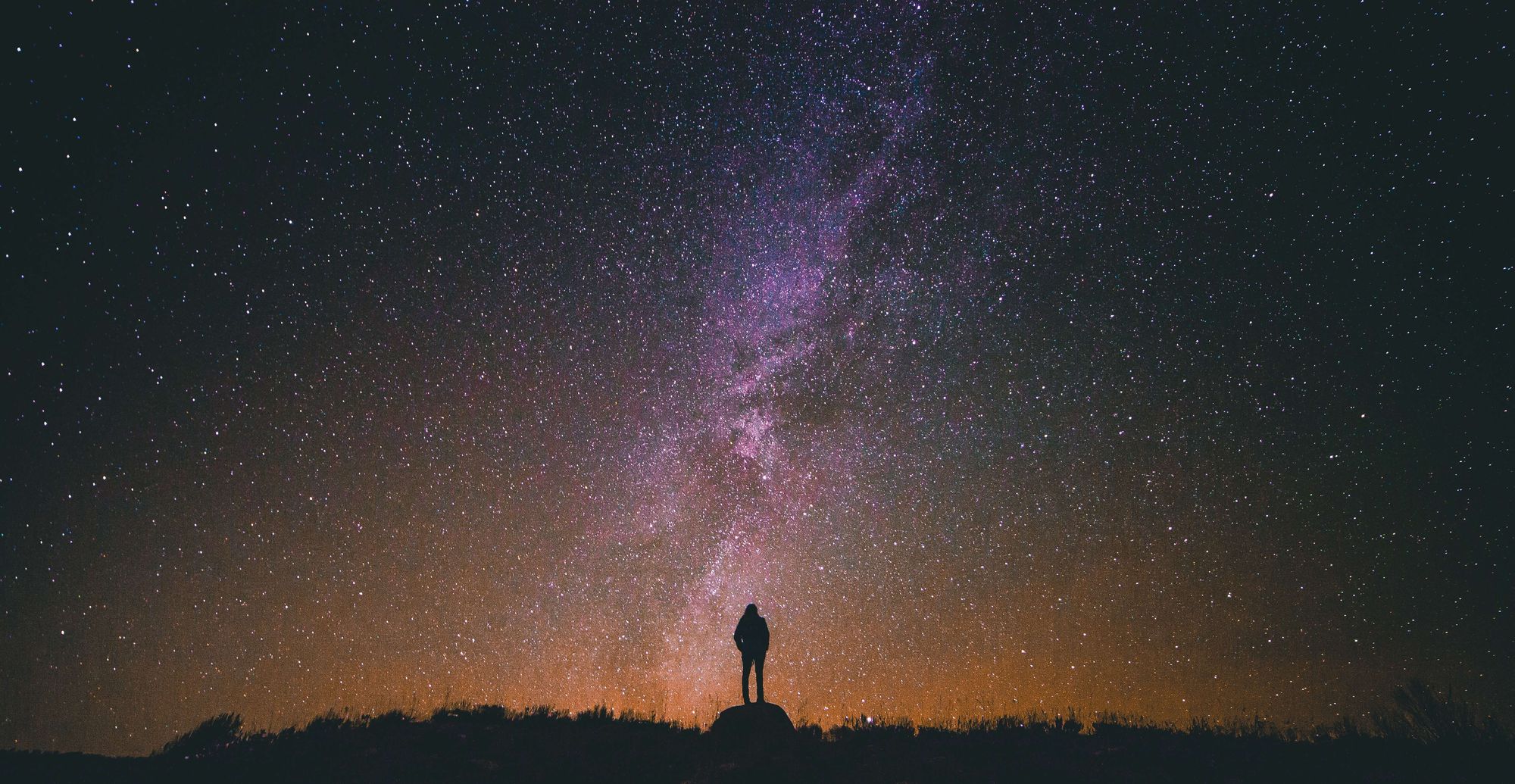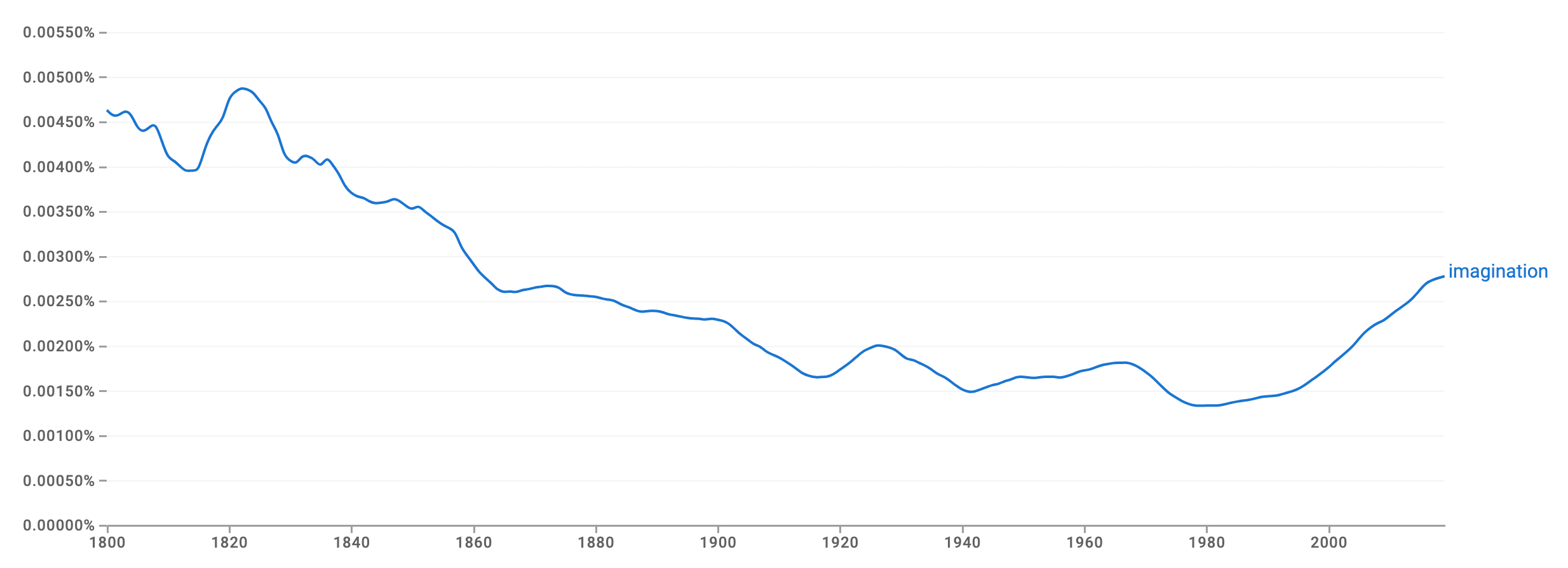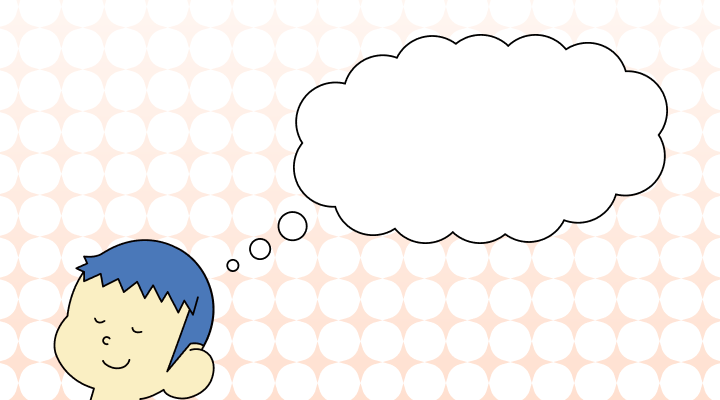The correct spelling is "i-m-a-g-i-n-a-t-i-o-n." It contains 11 letters and five syllables. Imagination is pronounced "uh·ma·juh·nay·shuhn."
🦄 Imagination is the key to unlocking creativity.
🦄 Some of the greatest inventions in history started with a spark of imagination.
What does "imagination" mean?
"Imagination" is a noun that means the creation of pictures, ideas, or stories in your mind that you can't see or touch in the real world. It's your brain's way of making up interesting stuff!
Imagination is important because it fuels creativity, aids problem-solving, enhances learning, fosters innovation, enables adaptability, and enriches our lives through art, empathy, and entertainment.
Without imagination, we wouldn't have fantasy books and sci-fi movies. Without imagination, we wouldn't be sending rockets into space and exploring Mars.
What are some common phrases with "imagination"?
- Capture someone's imagination: Intrigue someone and stimulate their mind.
- A figment of one's imagination: An unreal creation of the mind.
- Run wild with one's imagination: Embrace limitless possibilities without restriction.

The use of "imagination" over time
The Ngram graph below shows how often "imagination" has been used from the 1800s to the 2000s. "Imagination" steadily decreased in use until about 1980 and has since been increasing in use.

How to pronounce "imagination"
In American and British English, "imagination" is pronounced like "uh·ma·juh·nay·shuhn." There are five syllables, and stress goes on the fourth syllable.
These are just the standard pronunciations, and there may be slight variations depending on regional accents and individual speech patterns.
Example sentences of "imagination"
- With a vivid imagination, she crafted fantastical stories that captivated her audience.
- Albert Einstein once said, "Logic will get you from A to B. Imagination will take you everywhere."
- The children's imagination ran wild as they explored the enchanted forest in their minds.
- Some of the greatest inventions in history started with a spark of imagination.
- The artist expressed her unique perspective through the colorful strokes of her imagination.
- In literature, authors often rely on the power of imagination to transport readers to new worlds.
- Daydreaming allows the mind to wander freely, giving space for the magic of imagination.
- A lack of imagination can stifle innovation and hinder problem-solving.
- Teachers encourage students to embrace their imagination to enhance their learning experience.
- The science fiction genre thrives on pushing the boundaries of scientific imagination.
Examples from the web
"The short version: Babies and toddlers need imagination, not instant gratification – which is what screens often provide." - The Guardian
"And yet – more than 500 years after he designed it – Da Vinci's bronze horse still tantalises the human imagination." - The Guardian
🖊️ Creater vs. Creator: Which is Correct?
🖊️ Is It Possible or It Is Possible: Which Is Correct?
Common misspellings of "imagination"
"Imagination" is often misspelled because it has a "sh" sound that is spelled with "ti." People might attempt to spell it based on how they hear it, resulting in variations that include extra letters or substitutions.
- Imaginashon
- Imaginaton
- Imaganation
What's another word for "imagination"?
- Creativity
- Fantasy
- Innovation
- Inventiveness
- Vision
- Ingenuity
- Originality

Want to sound like a native speaker?
Engram’s AI-powered grammar checker makes your English sound like a native speaker’s, suggesting natural English expressions on top of fixing grammar, spelling, punctuation, word order, and vocabulary.

References:














